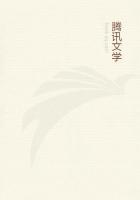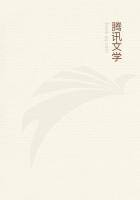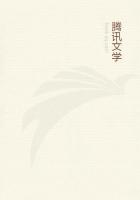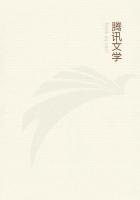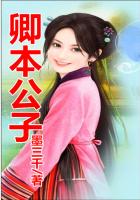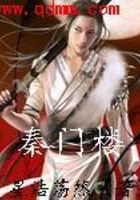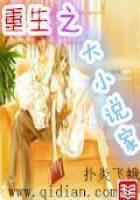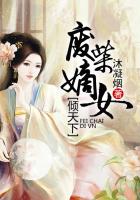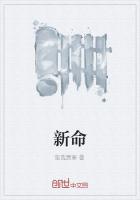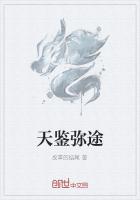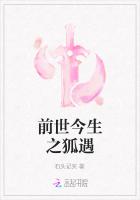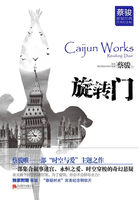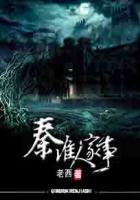But respect the joys of the child, his tastes, work, and time, just as you would those of an adult. Education will thus become an infinitely simple and infinitely harder art, than the education of the present day, with its artificialised existence, its double entry morality, one morality for the child, and one for the adult, often strict for the child and lax for the adult and vice versa. By treating the child every moment as one does an adult human being we free education from that brutal arbitrariness, from those over-indulgent protective rules, which have transformed him. Whether parents act as if children existed for their benefit alone, or whether the parents give up their whole lives to their children, the result is alike deplorable. As a rule both classes know equally little of the feelings and needs of their children. The one class are happy when the children are like themselves, and their highest ambition is to produce in their children a successful copy of their own thoughts, opinions, and ideals. Really it ought to pain them very much to see themselves so exactly copied. What life expected from them and required from them was just the opposite--a richer combination, a better creation, a new type, not a reproduction of that which is already exhausted. The other class strive to model their chilrden not according to themselves but according to their ideal of goodness. They show their love by their willingness to extinguish their own personalities for their children's sake. This they do by letting the children feel that everything which concerns them stands in the foreground. This should be so, but only indirectly.
The concerns of the whole scheme of life, the ordering of the home, its habits, intercourse, purposes, care for the needs of children, and their sound development, must stand in the foreground. But at present, in most cases, children of tender years, as well as those who are older, are sacrificed to the chaotic condition of the home. They learn self-will without possessing real freedom, they live under a discipline which is spasmodic in its application.
When one daughter after another leaves home in order to make herself independent they are often driven to do it by want of freedom, or by the lack of character in family life. In both directions the girl sees herself forced to become something different, to hold different opinions, to think different thoughts, to act contrary to the dictates of her own being. A mother happy in the friendship of her own daughter, said not long ago that she desired to erect an asylum for tormented daughters. Such an asylum would be as necessary as a protection against pampering parents as against those who are overbearing.
Both alike, torture their children though in different ways, by not understanding the child's right to have his own point of view, his own ideal of happiness, his own proper tastes and occupation. They do not see that children exist as little for their parent's sake as parents do for their children's sake.
Family life would have an intelligent character if each one lived fully and entirely his own life and allowed the others to do the same. None should tyrannise over, nor should suffer tyranny from, the other. Parents who give their home this character can justly demand that children shall accommodate themselves to the habits of the household as long as they live in it. Children on their part can ask that their own life of thought and feeling shall be left in peace at home, or that they be treated with the same consideration that would be given to a stranger. When the parents do not meet these conditions they themselves are the greater sufferers. It is very easy to keep one's son from expressing his raw views, very easy to tear a daughter away from her book and to bring her to a tea-party by giving her unnecessary occupations; very easy by a scornful word to repress some powerful emotion. A thousand similar things occur every day in good families through the whole world. But whenever we hear of young people speaking of their intellectual homelessness and sadness, we begin to understand why father and mother remain behind in homes from which the daughters have hastened to depart; why children take their cares, joys, and thoughts to strangers; why, in a word, the old and the young generation are as mutually dependent as the roots and flowers of plants, so often separate with mutual repulsion.
This is as true of highly cultivated fathers and mothers as of simple bourgeois or peasant parents. Perhaps, indeed, it may be truer of the first class, the latter torment their children in a naive way, while the former are infinitely wise and methodical in their stupidity. Rarely is a mother of the upper class one of those artists of home life who through the blitheness, the goodness, and joyousness of her character, makes the rhythm of everyday life a dance, and holidays into festivals. Such artists are often simple women who have passed no examinations, founded no clubs, and written no books. The highly cultivated mothers and the socially useful mothers on the other hand are not seldom those who call forth criticism from their sons. It seems almost an invariable rule that mothers should make mistakes when they wish to act for the welfare of their sons. "How infinitely valuable," say their children, "would I have found a mother who could have kept quiet, who would have been patient with me, who would have given me rest, keeping the outer world at a distance from me, with kindly soothing hands. Oh, would that I had had a mother on whose breast I could have laid my head, to be quiet and dream."
A distinguished woman writer is surprised that all of her well-thought-out plans for her children fail--those children in whom she saw the material for her passion for governing, the clay that she desired to mould.

